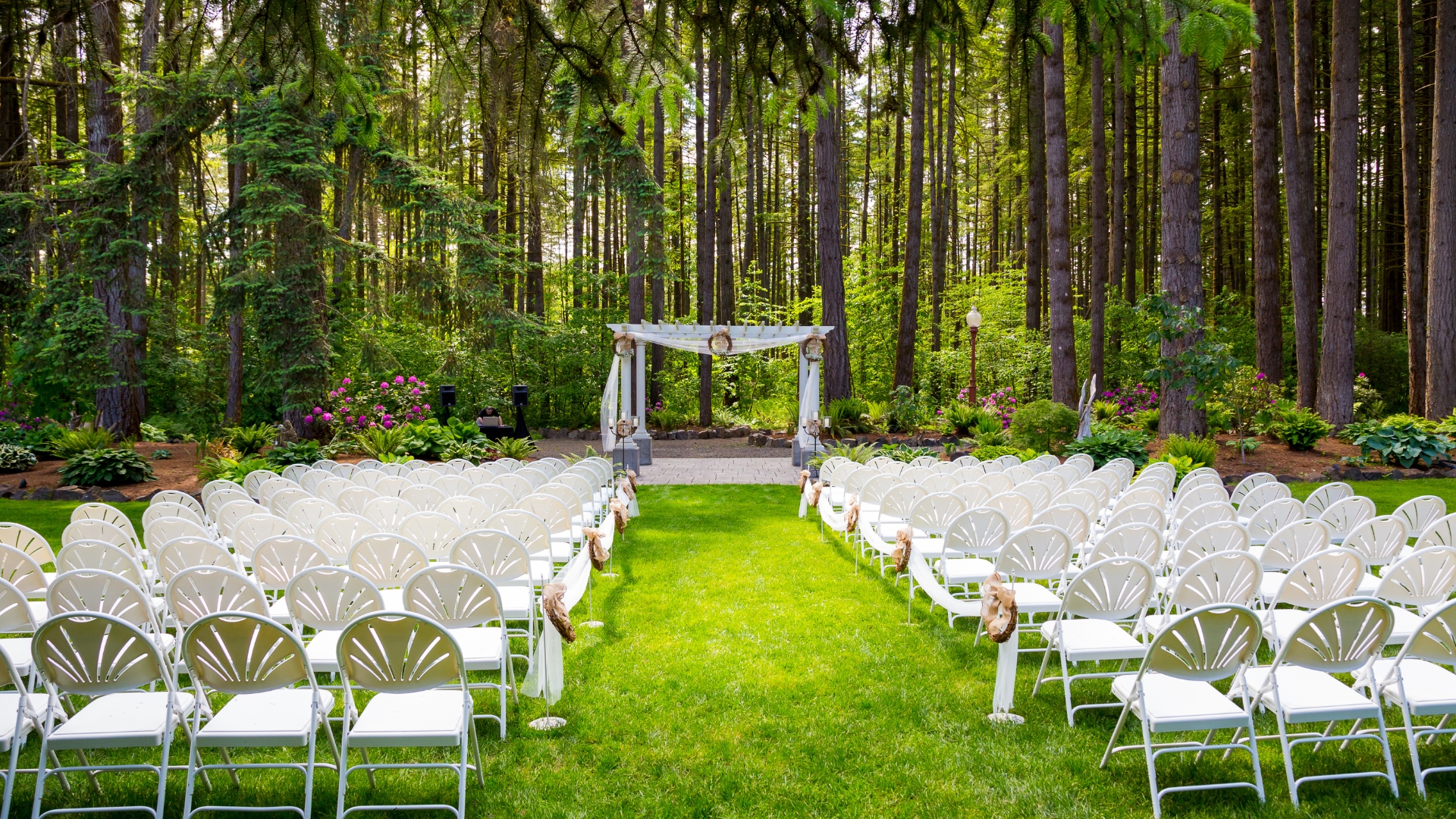
Selecting the perfect venue is one of the most important decisions in event planning. The right venue sets the tone, enhances the event experience, and ensures logistical smoothness. Whether you’re planning a corporate meeting, a wedding, or a large-scale conference, the venue can make or break the event.
Factors to Consider When Choosing a Venue
Choosing the right venue involves balancing various factors to ensure it aligns with the event’s goals and audience expectations. Key considerations include:
1. Location and Accessibility
The venue’s location plays a vital role in attendee turnout. It should be easily accessible, with good transport links, parking facilities, and accommodations for out-of-town guests if necessary.
- Local Events
- Destination Events
For local events, choose a venue that’s centrally located or easy to reach by public transport.
For destination events, proximity to airports, hotels, and major attractions is important to ensure convenience for your attendees.
2. Capacity and Space Requirements
The venue must comfortably accommodate the number of guests expected while providing sufficient space for activities. An overcrowded or underutilized space can negatively impact the attendee experience.
- Check Capacity Limits
- Room Layout
Be sure to confirm the venue’s legal capacity to ensure safety regulations are met.
The layout of the space—whether it’s open, segmented, or adaptable—should suit the type of event, whether it’s a formal dinner, a presentation, or a networking event.
3. Venue Ambiance and Style
The atmosphere of the venue should align with the event’s theme and objectives. The architecture, décor, and overall vibe should match the tone of your event, whether it’s professional, casual, or celebratory.
- Corporate Events
- Weddings and Social Gatherings
Opt for modern and professional settings for business-related events.
Choose elegant, warm, or scenic venues that align with personal or celebratory themes.
4. Amenities and Services
Venues often offer different levels of support, from in-house catering and audio-visual equipment to staffing and setup services. The more inclusive the services, the easier it is to manage event logistics.
- Catering Services
- Technology and AV Support
Does the venue provide in-house catering, or do you need to hire external vendors? Venues with catering options can simplify meal planning and coordination.
Ensure the venue provides the necessary tech support, such as sound systems, projectors, or Wi-Fi, especially for conferences or presentations.
5. Budget Considerations
Balancing venue quality with your event budget is critical. Venues vary widely in price depending on location, amenities, and seasonality. Make sure the venue costs, including deposits, fees, and extra services, align with your overall budget.
- Off-Peak Discounts
- Hidden Fees
Some venues offer lower rates during off-peak times, such as weekdays or off-season months, which can help save on costs.
Clarify whether there are any additional charges, such as setup fees, overtime charges, or corkage fees, to avoid unexpected expenses.
6. Flexibility and Date Availability
Ensure the venue is available on your preferred date and can accommodate any schedule changes. Some venues may also offer flexibility with event setup times and layout adjustments.
- Date Conflicts
- Setup and Breakdown Time
- Conducting a Venue Site Visit
- Test the Equipment
- Assess Accessibility
- Check the Flow
Check if other major events in the area coincide with your date to avoid logistical challenges like parking shortages or traffic issues.
Make sure the venue offers enough time for setup and takedown before and after the event.
Before finalizing a venue, it’s essential to conduct a site visit. This allows you to inspect the space, verify services, and ensure the venue aligns with your expectations.
If the venue provides audio-visual or tech equipment, test it during your visit to ensure it meets your needs.
Ensure the venue is accessible to all attendees, including those with disabilities.
Walk through the space to see how guests will move from one area to another, ensuring good flow between registration, networking, dining, and presentations.
Conclusion
Choosing the right venue is foundational to the success of any event. By considering factors such as location, capacity, amenities, and budget, event planners can select a venue that enhances the event experience while keeping logistics seamless. A well-chosen venue not only elevates the event but also leaves a lasting impression on guests.